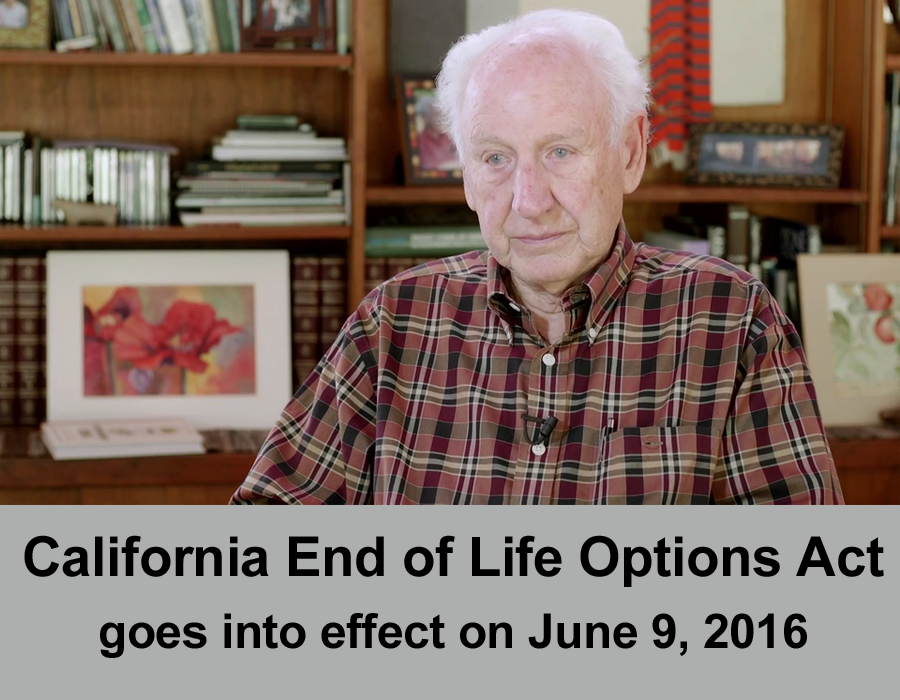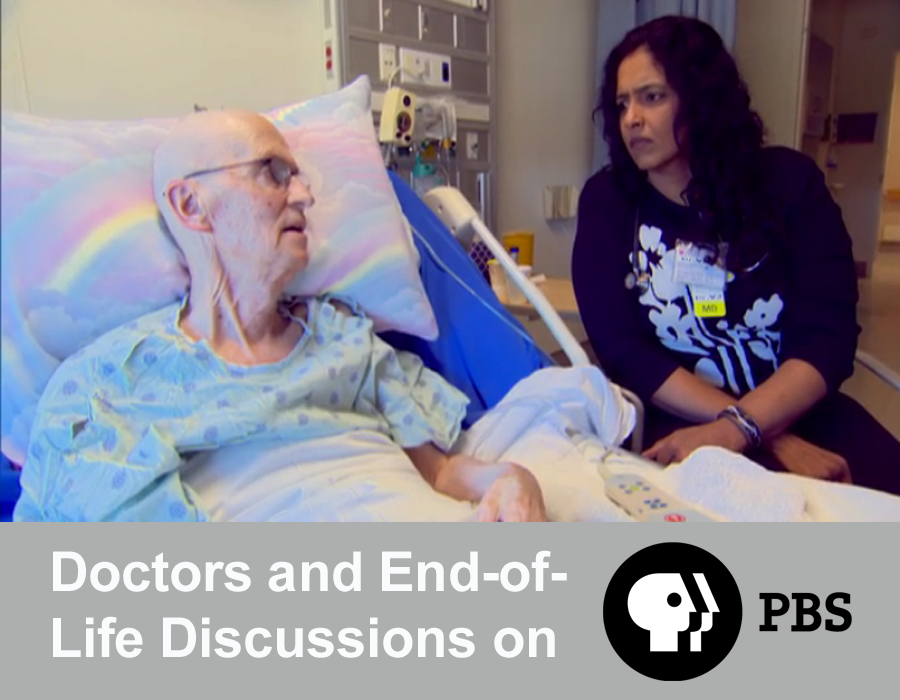DNR Discussions
Discussions about advance directives / do not resuscitate orders vary in content with the situation of the patient. We have two examples here of an older patient without a life-limiting illness and a one with such an illness.
Example One: Without a Life-Limiting Illness
Mrs. Jane Thurber is a a 60 year old female who is a clinic patient of yours. As part of a routine clinic visit, you want to discuss advance directives.
What not to say |
What you might say instead |
| “Mrs. Thurber, Do you want every thing done?” | “Mrs. Thurber, I want to talk to you about making plans for the future. In thinking about decisions regarding resuscitation, there is a whole spectrum of choices. In event of an adverse situation, some patients would like to be connected to life support and would like us to do heroic life sustaining treatments. Others do not want such measures. Where do you see yourself in this spectrum of choices?” |
Example Two: With a Life-Limiting Illness
Mrs. Bridget Nielan is a 60 year old female who is a clinic patient of yours. She has a history of widely metastatic ovarian cancer. As part of the clinic visit, you want to discuss advance directives.
What not to say |
What you might say instead |
| “Mrs. Nielan, Do you want every thing done?” | You: “Ms. Nielan, I want to talk to you about making plans for the future.”
(Pause and give the patient time to digest the information.) “As you know, you have metastatic ovarian cancer.” “In thinking about decisions regarding resuscitation there is a whole spectrum of choices. In event of an adverse situation, some patients would like to be connected to life support and would like us to do heroic life sustaining treatments. Others do not want such measures.” (Pause and give the patient time to digest the information.) Ms. Nielan: “But I don’t want to die.” You: Jane, I want you to live as long as you want, but with good quality of life. I do not want you to suffer and as your doctor, I will do everything in my power to help you.” (Pause and give the patient time to digest the information.) Ms. Nielan: “Yes. I do not want to suffer.” (Pause and give the patient time to digest the information.) You: “You have metastatic cancer. Down the lane some time in the future, if your heart were to stop due to the cancer, putting you on life support will not prolong life. It would only prolong the dying process.” (Pause and give the patient time to digest the information.) Ms. Nielan: …… (Pause and give the patient time to digest the information.) You: “If things look good and you have some temporary problem, then we could do everything possible to get you out of the situation and back on your feet.” (Pause and give the patient time to digest the information.) Ms. Nielan: “That sounds good.” You: “But if things look grim and the cancer has advanced then at that point, any life support measures would be ineffective.” (Pause and give the patient time to digest the information). Ms. Nielan: …… You: “In a situation like that, it is my opinion that we should hold back on futile resuscitative measures, but really focus on making you comfortable.” (Pause and give the patient time to digest the information). Ms. Nielan:…… (If patient still seems reluctant) You: “I want you to think more about this and we can talk again next visit. I want you to remember that no matter what, I will still be your doctor and here to help you.” |




